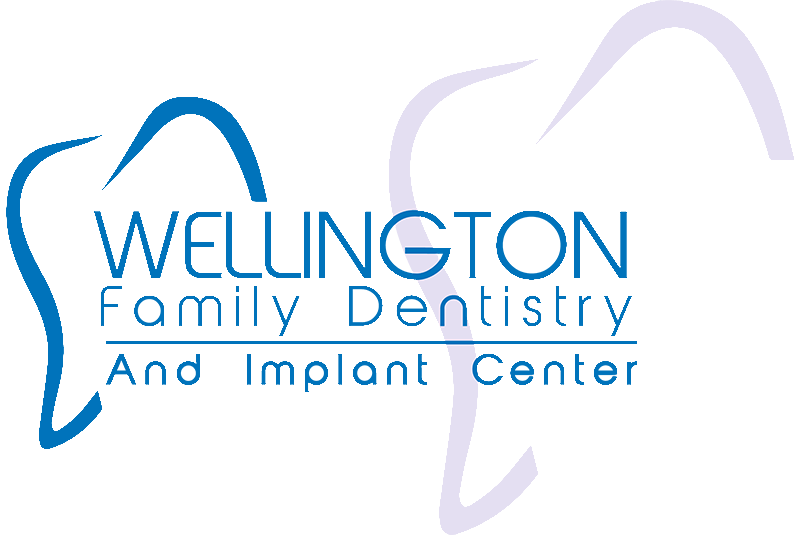Dental implants in Wellington, CO, are more than just a cosmetic solution—they are vital to restoring oral health and functionality. Whether considering dental implants or simply looking to understand the procedure better, learning about the key elements, especially the abutment, is essential. So, what exactly is an abutment in dental implants? Let’s dive in.
Comprehensive Explanation of Dental Implants
Dental implants can transform lives, restoring the functionality and aesthetics of natural teeth. They do more than enhance smiles; they restore one’s ability to eat, speak, and chew comfortably. Dental implants are a long-term solution for those with missing teeth that promotes oral health by preventing bone loss and maintaining the structure of the jaw.
Unlike traditional dentures, dental implants function like natural teeth, allowing you to return to your normal lifestyle without limitations. But what makes up a dental implant? Understanding its components sheds light on why this solution is so effective.
Deep Dive into Dental Implant Components in Wellington, CO
A dental implant is a carefully engineered system comprising three key parts: the implant, the abutment, and the crown. Each component plays a unique role in ensuring the implant’s success.
The Implant: The implant itself is a titanium post that serves as the foundation of the replacement tooth. Surgically placed into the jawbone, it integrates with the bone through osseointegration, providing unparalleled stability.
The Crown: This is the visible part of the dental implant that replicates the look and feel of a natural tooth. Made from porcelain or other durable materials, the crown is designed to match the color and shape of your surrounding teeth, ensuring a natural appearance.
The Abutment: Often overlooked, the abutment is the middle piece that connects the implant to the crown. It plays a critical role in the overall functionality and aesthetics of the dental implant.
Close Look at the Abutment in Wellington, CO
The abutment is the essential “bridge” between the implant and the crown. Made from biocompatible materials like titanium or porcelain, it provides a sturdy base for the crown while ensuring a secure connection. The abutment must be precisely tailored to ensure it fits seamlessly with the crown and aligns correctly with your natural bite.
Once the implant has integrated with the jawbone, the abutment is attached. This step is vital because it creates the platform for the crown to rest on, ensuring it can handle the pressure of daily chewing and maintain a natural appearance. Without the abutment, the dental implant would lack the necessary connection to complete the restoration process.
The Abutment’s Role in the Implant Process
The success of a dental implant relies heavily on the proper placement and integration of the abutment. After the implant has healed and fused with the jawbone, the abutment is added as the next step in the process. This component is customized for each patient to provide the best fit and ensure the crown sits perfectly on top.
The precision of this step cannot be overstated. A well-fitted abutment ensures long-term functionality and aesthetics, giving you the confidence to use your implant just as a natural tooth.
Why Choose Our Practice for Your Dental Implants?
Choosing Wellington Family Dentistry for your dental implants means selecting a dedicated team of experts who prioritize your comfort and satisfaction. We are committed to providing a seamless experience, from the initial consultation to the final placement of your implant. Our expertise ensures that every detail, including the integration of the abutment, is handled with care.
Are you ready to restore your smile with dental implants at our skilled and trusted dental practice? Please don’t wait to get the smile of your dreams with us. Contact our doctor, Dr. Pringle, and our exceptional team at our practice to schedule an appointment today!


